Film experts say songs and scenes that have stood the test of time avoid hypernationalism. Film historian Chintamani points out, “There are many songs and scenes in it movies which represented Indian ideas from the 1940s to the 1960s. The dialogue and lyrics are caring and empathetic, pointing out how to support the weakest among us. The use of such dialogue was significant because, at that time, few films and songs in Hindi cinema had pan-Indian appeal. “In the 70s and 80s, films like Ek Duuje Ke Liye highlighted regional disparities and how people could overcome them. In recent years, film plots and scenes have used this narrative trope. It is quite evident in films like Bhaag Milkha Bhaag, Chak De! India, and 83, where different areas come together in the plot, talk about unit through dialogue and narration,” he added.
“The simple lyrics of Desh Premee’s title song, ‘Aapas Mein Prem Karo Mere Desh Premiyon’, reflect the sense of unity. In every decade, there are films that evoke such feelings,” says film historian Gautam Chintamani
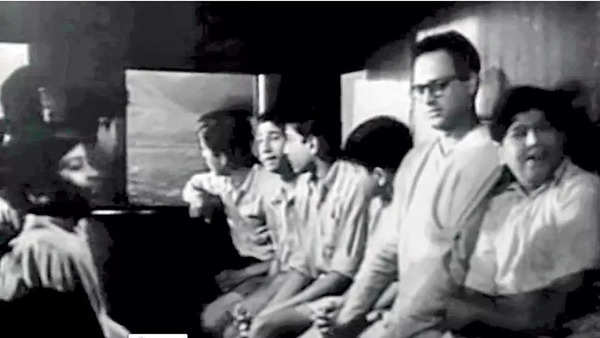
Don’t do it
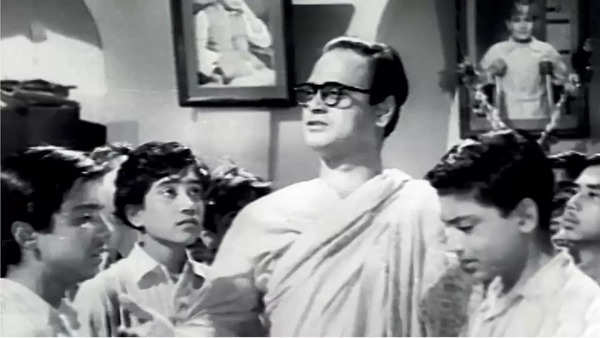
I hope you can see it properly
Salute the spirit of India on screen
In Satyen Bose’s Jagriti, two beautiful songs, written by Pradeep, discuss the theme of glory and nation building – ‘Hum Laye Hain Toofan Se Kashti Nikal Ke, and Aao Bachcho Tumhe Dikhayein Jhaanki Hindustan Ki’. In a previous interview, Gulzar to us, “Filmmein watan ko kabhi bhooli nahi. Pradeep ji (Kavi Pradeep) ne bahut patriotic songs likhe hain jaise ‘ Aao Bachon Tumhe Dikhayein Jhaanki Hindustan Ki’, jo kaafi mashhoor raha”
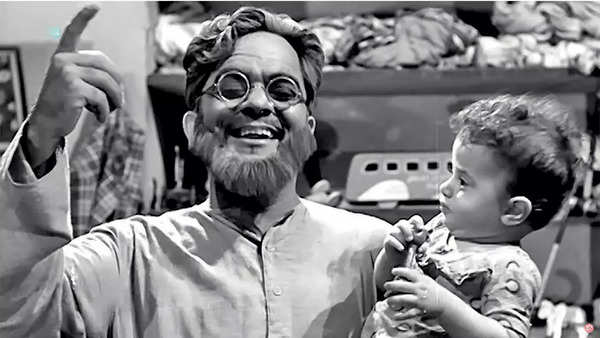
‘Tu Hindu Banega Na Musalman Banega, Insaan Ki Aulad Hai Insaan Banega’ from Dhool Ka Phool (1959)
Veteran writer Anjum Rajabali says, “Some of the best songs that remain in popular memory include ‘Tu Hindu Banega Na Musalman Banega, Insaan Ki Aulad Hai Insaan Banega’ from Dhool Ka Phool (1959) and ‘Mera Joota Hai Japani Ye Patloon Englistani Sar Par Laal Topi Rusi, Phir Bhi Dil Hai Hindustani’ from Shree 420 (1955)”
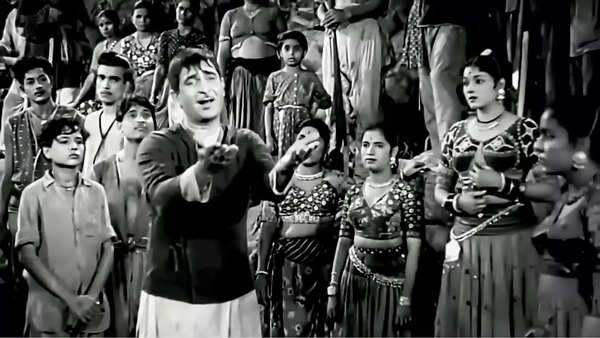
Jis Desh mein Ganga behti hai
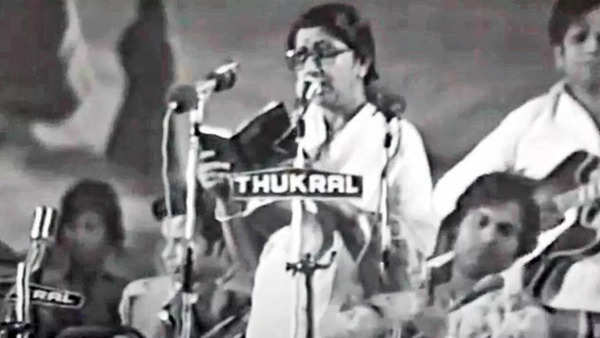
Ae Mwew Watan ke logon (1963)
In her biography, Lata Mangeshkar recalls singing ‘Ae Mere Watan Ke Logon for the first time’. “After the Chinese attack on India in 1962, Pradeepji wrote this song, and I sang it for the first time in Delhi on Republic Day on January 26, 1963″ Then Jawaharlal Nehru told him, ‘Beta, tum ne aaj mujhe rula diya”
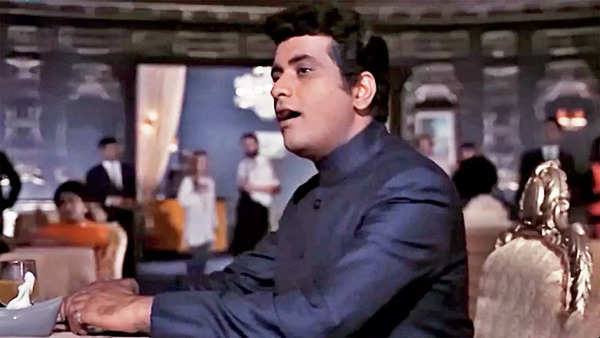
Hi preet jahan ki reet sada. Purab aur Paschim (1970)
“After Independence, many songs and dialogues were written celebrating differences and talking about unity in diversity. The idea is to promote a strong sense of unity in people’s hearts. When you hear the lyrics of songs like Aao Bachon Tumhe Dikhayein Jhaanki Hindustan Ki or Hum Uss Desh Ke Vaasi Hain, we feel that our films and songs celebrate our country, they celebrate our people, our diversity, and our values,” said the film historian. Shivendra Singh Dungarpur.
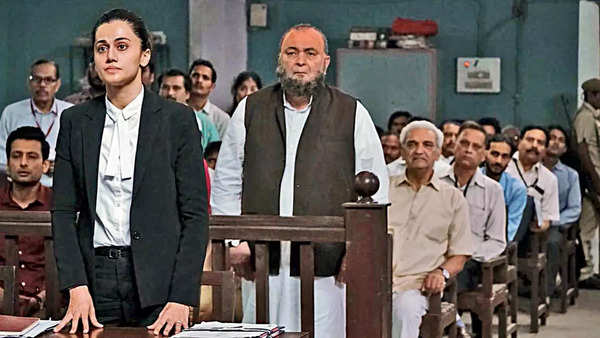
Property
In a heartwarming speech in Mulk, Taapsee Pannu’s character, a defense lawyer, says, “Ek mulk kagaz pe nakshon ki lakeeron se nahi bantt-ta… mulk bantt-ta hai rang se, bhasha se, dharam se, zaat se.. ‘Hum aur woh’ milke is mulk ko thodi na banate hai, ‘hum’ is mulk ko banate hai.
Sirf ek mulk ka naam sunai deta hai – India: SRK in Chak De!
To encourage his team to play for the nation and not the country, Chak De! India’s Kabir Khan told his team, “Mujhe declares that you know that you already know… Don’t forget that you know – India.” Later in the scene, when the player introduces himself along with his country, he repeats, “Iss team ko sirf woh player chahiye jo pehle India ke liye khel rahe hain. India. Phir apni team mein saathiyon ke liye aur uske baad bhi thodi bahut jaan bach jaye toh apne liye.”




